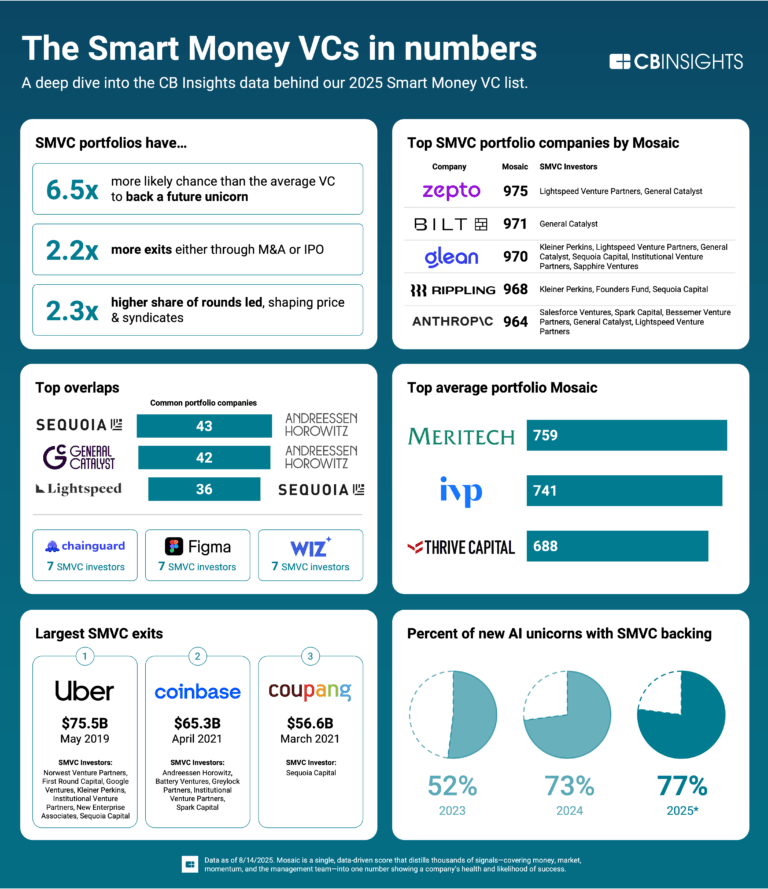
Torq
Founded Year
2020Stage
Series C | AliveTotal Raised
$190MLast Raised
$70M | 1 yr agoRevenue
$0000Mosaic Score The Mosaic Score is an algorithm that measures the overall financial health and market potential of private companies.
+73 points in the past 30 days
About Torq
Torq specializes in security hyper-automation within the cybersecurity industry. It offers a no-code platform that unifies and automates security workflows and infrastructure, helping in productivity and protection for enterprise security teams. Torq was formerly known as StackPulse. The company was founded in 2020 and is based in Tel Aviv, Israel.
Loading...
Torq's Product Videos
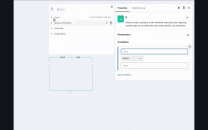
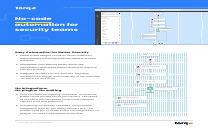
ESPs containing Torq
The ESP matrix leverages data and analyst insight to identify and rank leading companies in a given technology landscape.
The security operations center (SOC) AI agents & copilots market provides AI-powered solutions that enhance cybersecurity analysts' response and threat detection capabilities within security operations centers. These solutions range from autonomous AI agents that independently investigate alerts and take bounded actions to AI copilots that assist analysts through guided workflows and recommendatio…
Torq named as Leader among 15 other companies, including Blink, Tines, and ReliaQuest.
Torq's Products & Differentiators
Torq
No-code automation for cybersecurity teams.
Loading...
Research containing Torq
Get data-driven expert analysis from the CB Insights Intelligence Unit.
CB Insights Intelligence Analysts have mentioned Torq in 3 CB Insights research briefs, most recently on Sep 3, 2025.
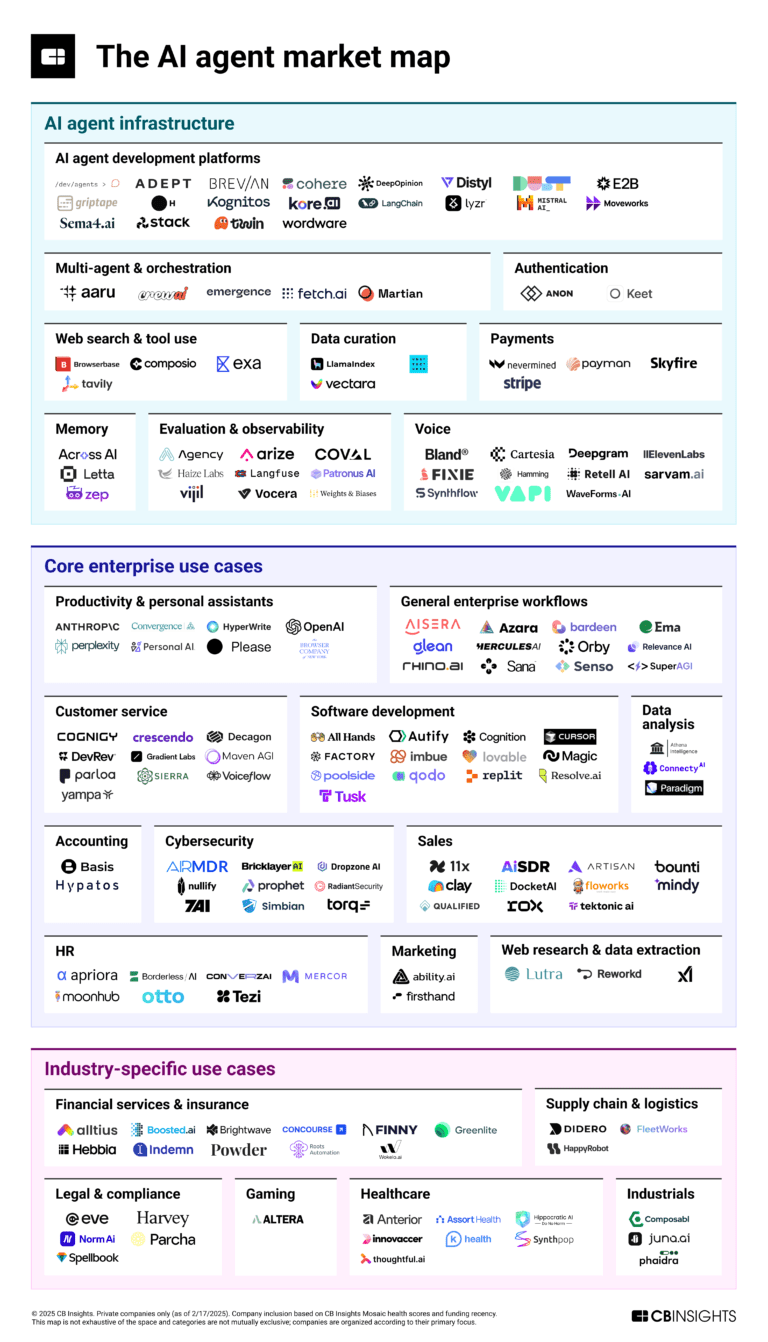
Mar 6, 2025
The AI agent market map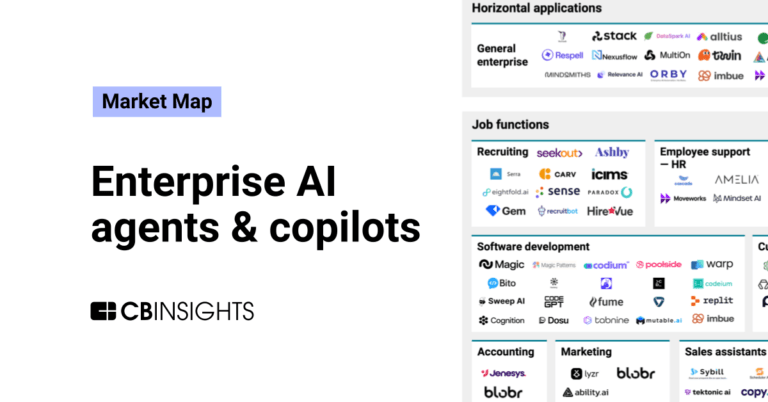
Aug 7, 2024
The enterprise AI agents & copilots market mapExpert Collections containing Torq
Expert Collections are analyst-curated lists that highlight the companies you need to know in the most important technology spaces.
Torq is included in 5 Expert Collections, including Cybersecurity.
Cybersecurity
11,029 items
These companies protect organizations from digital threats.
AI Agents & Copilots Market Map (August 2024)
322 items
Corresponds to the Enterprise AI Agents & Copilots Market Map: https://app.cbinsights.com/research/enterprise-ai-agents-copilots-market-map/
AI agents
376 items
Companies developing AI agent applications and agent-specific infrastructure. Includes pure-play emerging agent startups as well as companies building agent offerings with varying levels of autonomy. Not exhaustive.
Artificial Intelligence
12,998 items
Companies developing artificial intelligence solutions, including cross-industry applications, industry-specific products, and AI infrastructure solutions.
Generative AI
2,826 items
Companies working on generative AI applications and infrastructure.
Torq Patents
Torq has filed 1 patent.
The 3 most popular patent topics include:
- drilling technology
- fluid dynamics
- piping

Application Date | Grant Date | Title | Related Topics | Status |
|---|---|---|---|---|
4/3/2023 | 10/1/2024 | Wrenches, Fluid dynamics, Plumbing, Piping, Drilling technology | Grant |
Application Date | 4/3/2023 |
|---|---|
Grant Date | 10/1/2024 |
Title | |
Related Topics | Wrenches, Fluid dynamics, Plumbing, Piping, Drilling technology |
Status | Grant |
Latest Torq News
Sep 9, 2025
"AI SOC agents" serve as digital security analysts, running around the clock to triage alerts, investigate threats and take action even before human staff have time to check the logs. For managers of security operations centers, the prospect of handling repetitive work to a tireless machine is hard to resist. SOCs face thousands of alerts each day, most of them false positives. Analysts burn out quickly. Attrition is high. What if an automated assistant could filter the alerts, pull in data from the logs, investigate patterns and presents conclusions in plain language? What if it could even remediate low-level threats on its own? For the CISO at Carvana, the fastest-growing used automotive retailer in U.S., implementing Torq's AI SOC Analyst to triage Tier-1 and Tier-2 alerts "seemed to me like a no-brainer." "There's a very strong use case to use AI for your traditional security operations to start. Then, you can grow from there," Carvana CISO Dina Mathers said. In fact, Gartner recently found that 42% of cybersecurity leaders say they are piloting or currently using AI agents for threat detection and response. But beneath the optimism and executive buy-in, many security practitioners see risks. They warn that most autonomous AI solutions are still immature, prone to false answers and lack the guardrails needed to keep them from running amok. Consider the disconnect within security organizations themselves. Seventy-one percent of cybersecurity leaders believe AI has significantly improved productivity across their security teams, according to an Exabeam survey , but only 22% of analysts - those actually working with the tools - agree with productivity claims. Only 10% say they'd trust an agent to operate autonomously. Not Ready for Prime Time? One of the biggest problems is accuracy: AI agents generate wrong answers with total confidence. In practice, that could mean shutting down systems that are functioning normally - or worse - letting a real intrusion slip through with a made-up explanation. "They couldn't be further away from being ready for prime time," said Jeff Pollard, vice president and analyst at Forrester (see: Why AI Agents Need New Rules of Engagement Controlled tests show error rates of more than 60%. The real danger, Pollard said, is "when errors are entered into the picture - in agentic and AI agent architectures - they don't fail, they propagate and then that cascades throughout the entire system, which is something that we're kind of ignoring when we look at the hype of these technologies." That cascading effect makes mistakes far costlier than they would be with human staff. An AI agent's mistake can echo across other connected tools, contaminating every result downstream. "That's a nightmare factory," Pollard said. Unlike with people, it is often impossible to trace exactly where the error entered the system. The telemetry and tooling required to pinpoint mistakes simply aren't available, he said. The ability of these agents to act on their own makes them more dangerous, said Taylor Margot, partner at Lytical Ventures. A poorly scoped instruction might prompt an agent to take steps no one expected. Margot pictures scenarios in which a system might even start making business decisions such as reallocating budgets, cancelling marketing campaigns or changing access rights without approval. "Each one of those is a permissioning problem," she said. Placing too much trust in AI agents exposes a larger problem facing many organizations these days: Enthusiasm in the boardroom isn't reflected on the SOC floor. This cultural mismatch leaves security operations caught in the middle with analysts actually facing heavier burdens using AI tools, Pollard warned. Instead of investigating alerts directly, they must now audit the work of several systems at once, deciding whether to trust conclusions without having seen the evidence. "We're actually increasing the cognitive burden on the person making this decision. We're not really reducing it because we're reducing clicks," he said. "We're making it more difficult because if you make that call wrong, then it's devastating for the organization." Bridging the Trust Gap If hallucinations and the trust gap are visible challenges, governance is the hidden one. Current identity and access controls were built for humans, not automated systems that act across multiple platforms. Without new frameworks, organizations cannot assign or revoke identities, track actions or limit permissions. Forrester team recently proposed the AEGIS framework, which builds on zero trust framework but adds what he calls "least agency." "Least privilege is no longer going to be sufficient. Governance of agents is where the real difference is going to be," he said. But governance gaps are not just about identity. Pollard pointed out that AI agents have an "untapped set of skills and infinite willpower." If blocked from one data source, they don't stop. They search for another. And this instinctive improvisation could create unpredictable risks. "In the traditional world of software, if something like that happened, it would crash, or it just wouldn't work. It would give us an error of some sort," he said. "In this world, that agent is going to explore alternate pathways to get to that data, and it could lead to that agent interacting with data you didn't want it to use." Third-party dependence adds another blind spot. Many organizations rely on external vendors to supply fleets of AI agents, outsourcing trust. "Vendors will be the predominant supplier of your agentic playbook or tooling, and at that point now, you've entered basically an unknown web of third-party risk that is allowing unprecedented levels of access throughout your organization," Margot warned (see: Third-Party Risk Set to Reshape AI Security Pollard calls it a "protocol war," in which AI agents from different vendors operate across cloud, SaaS and OT environments. Attackers are watching closely. Nick Biasini, head of outreach at Cisco Talos, said agentic AI could become the next identity targets. "The attention on identity is not going anywhere; if anything, it's just going to get worse from here," he said. 'Wouldn't It Be Nice?' Despite the risks, adoption of agentic AI in SOC is accelerating as organizations look to pick the low-hanging fruit of repetitive tasks such as processing alert tickets. AI agents have the capacity to summarize months of data, identify critical cases and draft responses for each incident. "Wouldn't it be nice if I could just train the AI model - the agentic model - on that process flow as a skill and then have it just iterate through all of my P1 service tickets?" said Michael Leland, vice president and field CTO at Island. Vendors are pushing even further for AI autonomy. Ofer Smadari, CEO of Torq, said his company's AI security solution for autonomous security operations can run "full investigation from the ground up," resolving issues according to runbooks in plain English. Global banks and Fortune 500 companies are already using Torq's AI solution in production (see: How Torq Is Rewiring SOCs With Autonomous Cyber Agents "We are learning from our customers every day. So, it's like a life cycle - we are learning from our customers, getting into things for the product, and we keep innovating according to the pace of need," Smadari said. Seattle startup Dropzone AI recently raised $37 million in Series B funding to expand its AI "personas" beyond a SOC analyst to areas such as threat hunting, vulnerability management and compliance management. Founder and CEO Edward Wu said the company's AI SOC analyst already mimics the reasoning of expert human analysts to investigate 80% to 90% of alerts, up from roughly 30% with traditional approaches (see: Dropzone AI Gets $37M to Build Out Cyber AI Agent Ecosystem Wu envisions a future in which security teams will operate with a team of AI-powered digital workers specializing in different cybersecurity functions. But with every major cybersecurity platform vendor creating its own AI agents, interoperability and vendor neutrality will be crucial for security operations, he said. "As an AI agent or digital worker, you don't want to go in there and say, 'Hey, I'm an AI SOC analyst, but I only work with CrowdStrike and nothing else,'" Wu said. "That's not going to be very effective at the end of the day." But the timeline for building guardrails for AI agents is much shorter than with past technologies. "We're not going to have a 15-year head start," Forrester's Pollard said. "We're going to have maybe a one-year head start - if that." Our website uses cookies. Cookies enable us to provide the best experience possible and help us understand how visitors use our website. By browsing bankinfosecurity.com, you agree to our use of cookies.
Torq Frequently Asked Questions (FAQ)
When was Torq founded?
Torq was founded in 2020.
Where is Torq's headquarters?
Torq's headquarters is located at HaMelacha 3, Tel Aviv.
What is Torq's latest funding round?
Torq's latest funding round is Series C.
How much did Torq raise?
Torq raised a total of $190M.
Who are the investors of Torq?
Investors of Torq include Bessemer Venture Partners, Notable Capital, Greenfield Partners, Evolution Equity Partners, Strait Capital Investment Group and 6 more.
Who are Torq's competitors?
Competitors of Torq include Prophet, Dropzone AI, Blink, Swimlane, Bricklayer AI and 7 more.
What products does Torq offer?
Torq's products include Torq.
Who are Torq's customers?
Customers of Torq include Lemonade and Agoda.
Loading...
Compare Torq to Competitors
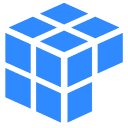
Intezer focuses on the development of its Autonomous SOC Platform designed to support security operations. The company offers solutions for the triage, investigation, and remediation of security alerts, with the aim of automating incident response processes. Intezer's technology is primarily utilized by security operations centers (SOCs) to assist analysts by resolving false positives and escalating serious threats. It was founded in 2015 and is based in New York, New York.

Tines is a workflow automation platform that focuses on security and information technology (IT) solutions across various business sectors. The company provides a platform that allows teams to automate tasks and integrate with technologies through application program interfaces (APIs). Tines serves sectors including security, IT, infrastructure, engineering, and product development. It was founded in 2018 and is based in Dublin, Ireland.
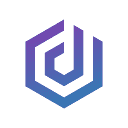
Dropzone AI specializes in security operations automation within the cybersecurity industry. The company offers pre-trained autonomous AI security agents that conduct thorough, end-to-end investigations of security alerts, mimicking the techniques of analysts. Dropzone AI's solutions are designed to integrate with existing security tools, providing detailed reports and enabling security analysts to focus on threats. It was founded in 2023 and is based in Seattle, Washington.

Prophet focuses on automating security operations through its platform. It provides solutions that triage, investigate, and respond to security alerts, which may reduce investigation time and improve operational efficiency. It serves sectors that require cybersecurity measures, such as technology, finance, and healthcare. It was founded in 2024 and is based in Atherton, California.

Radiant Security provides security and monitoring services. The company offers an artificial intelligence (AI) security operations center (SOC) co-pilot that automates the triage and investigation of security incidents, helps to enhance analyst productivity, and detects real attacks, and response times. It services the cybersecurity sector. The company was formerly known as BlastRadius. It was founded in 2021 and is based in Milpitas, California.

Conifers.ai provides AI-driven cybersecurity solutions within the information security sector. The company has an AI-based platform that integrates with existing tools and processes to assist in incident triage, investigation, and resolution. It serves sectors that require cybersecurity measures, such as financial services, healthcare, and critical infrastructure. It was founded in 2024 and is based in Dallas, Texas.
Loading...

